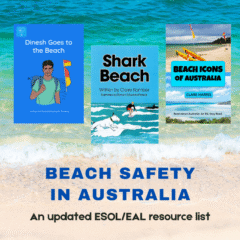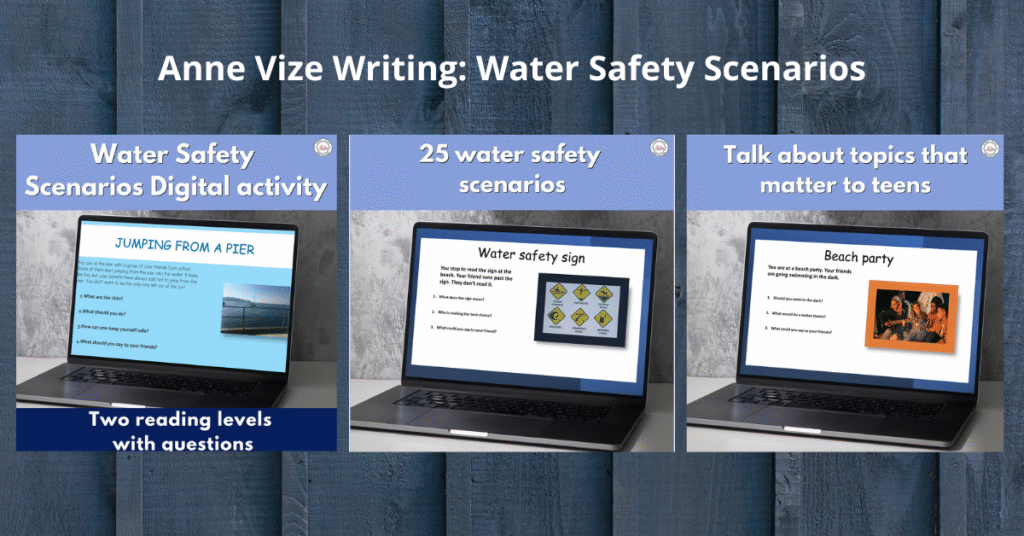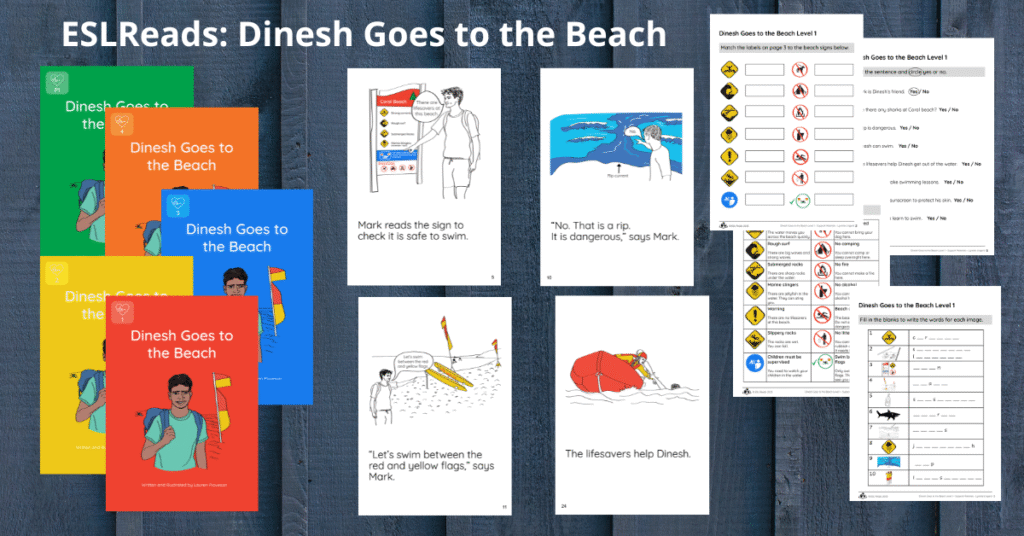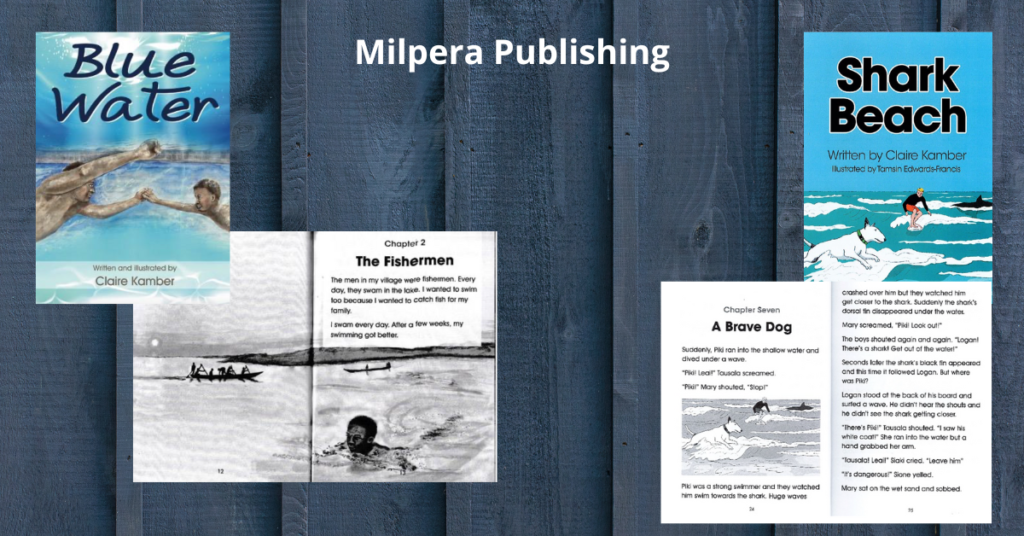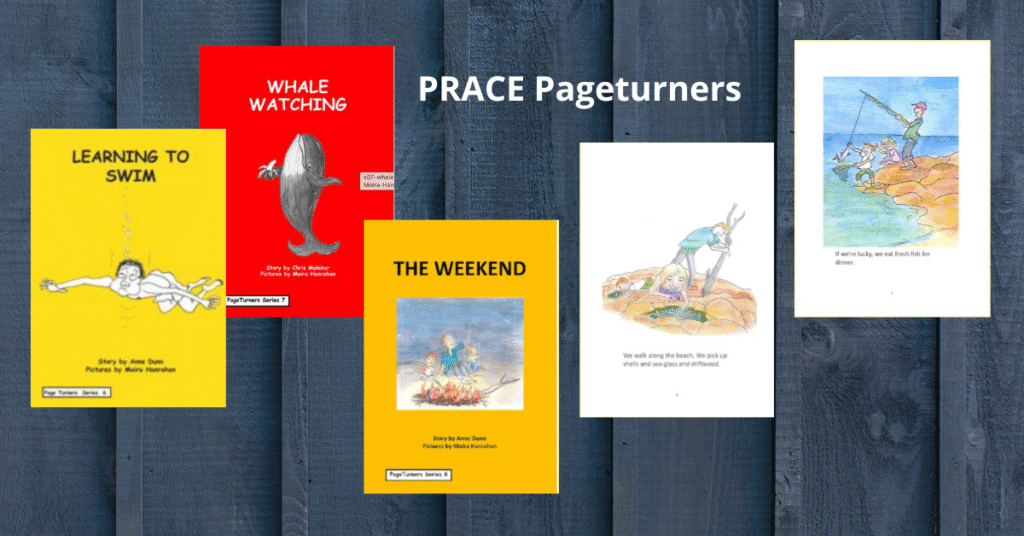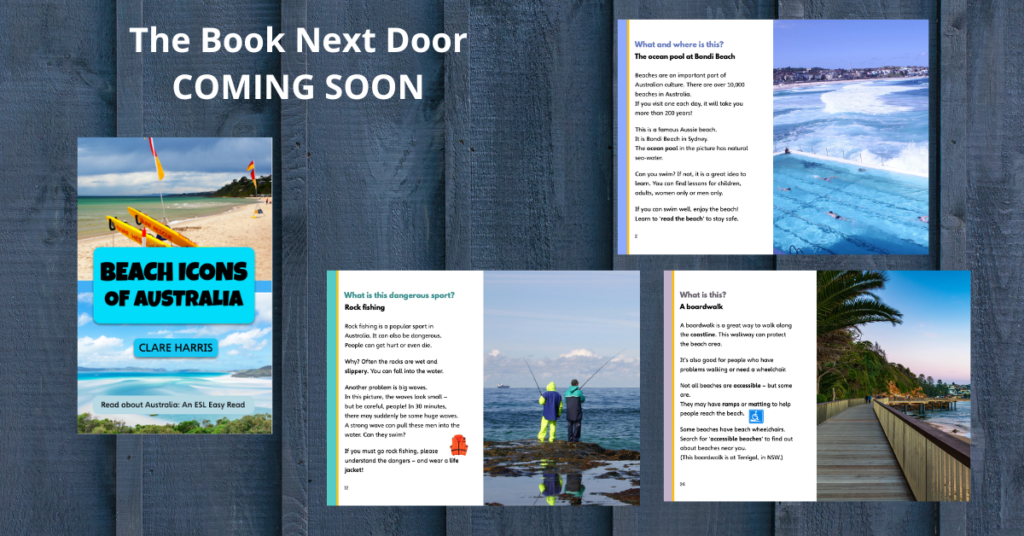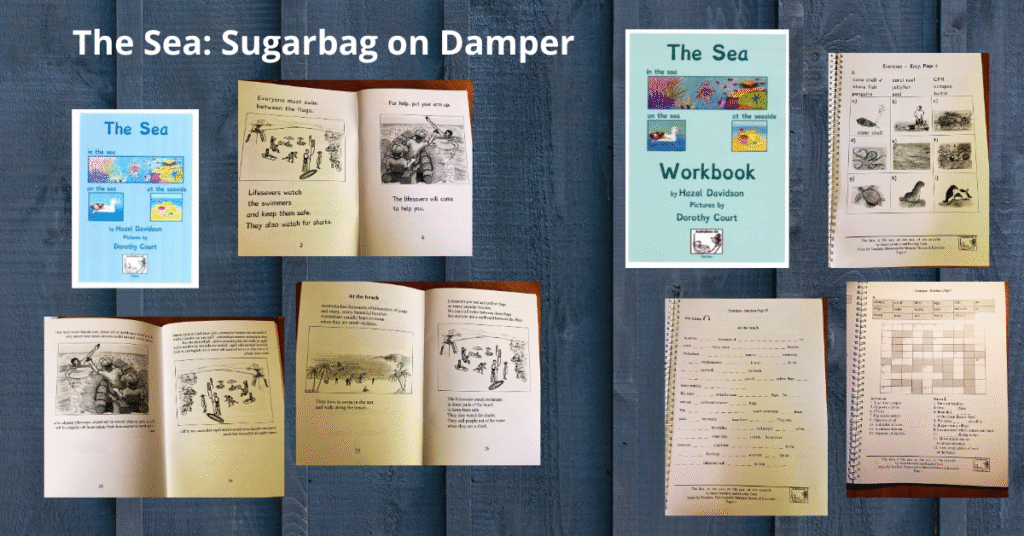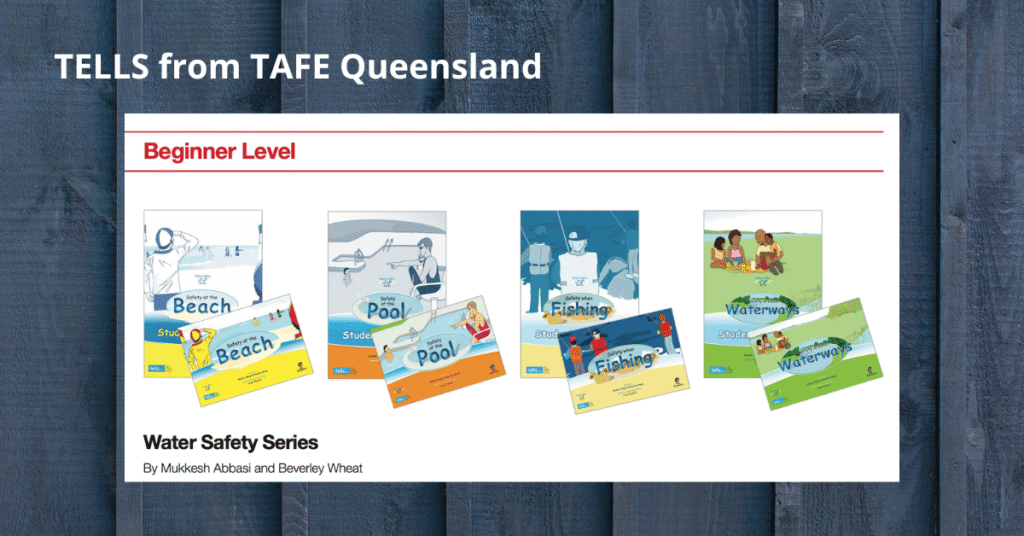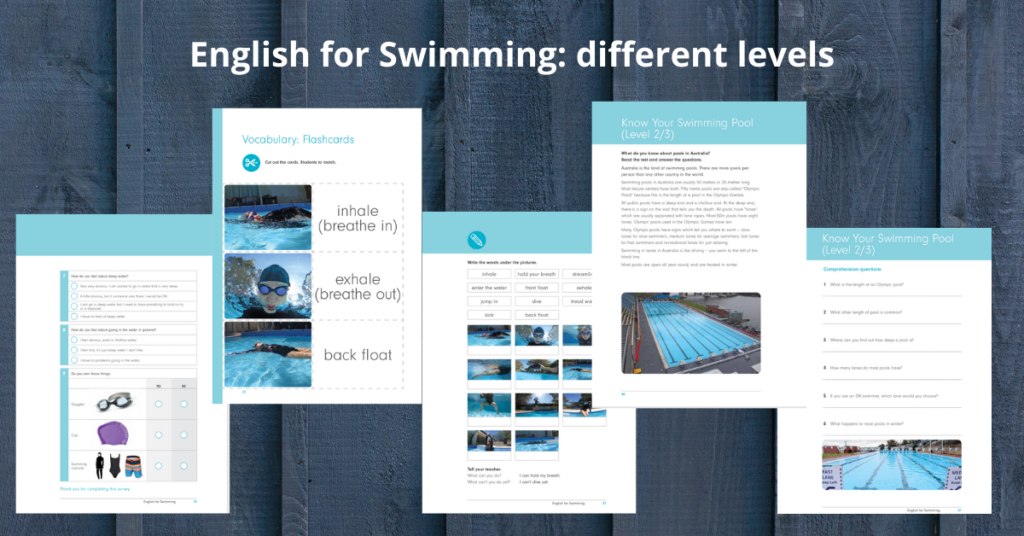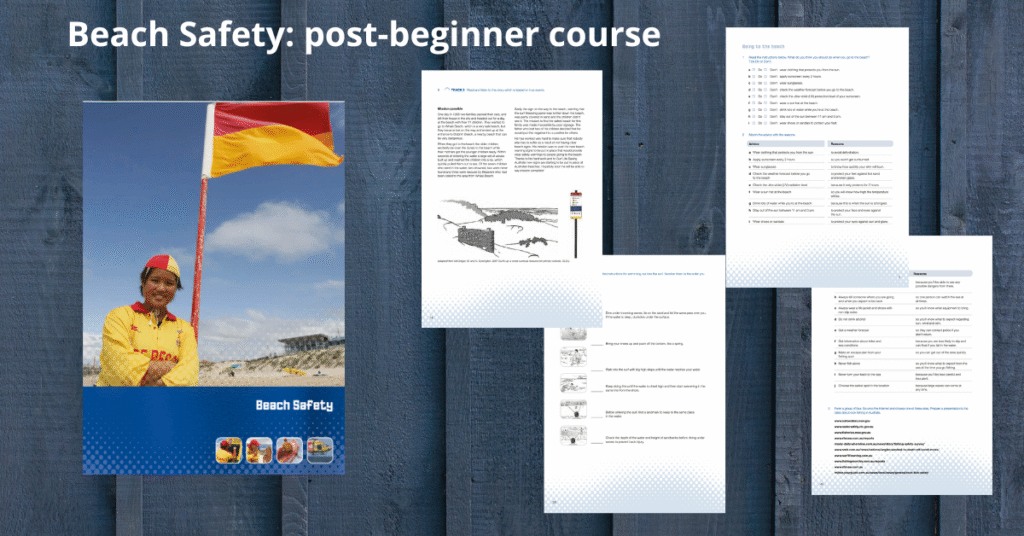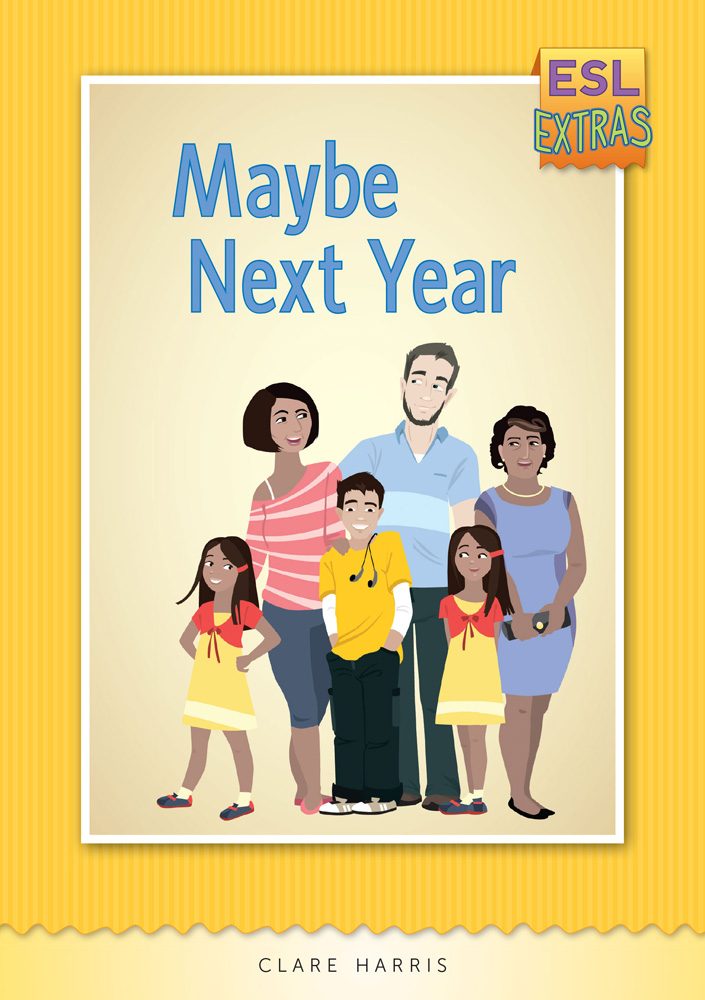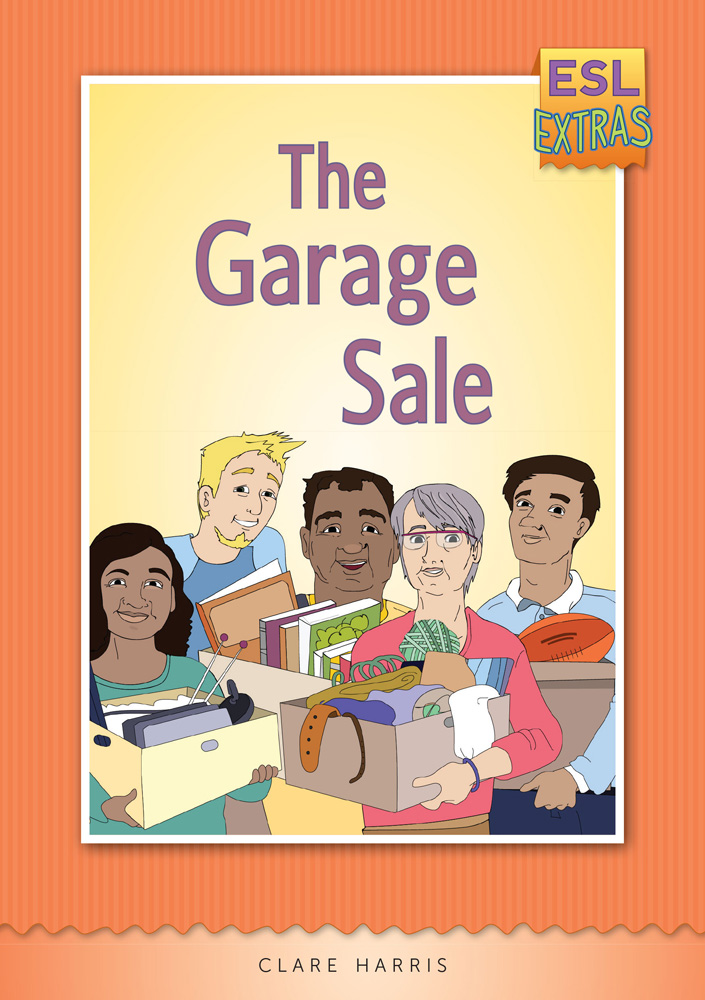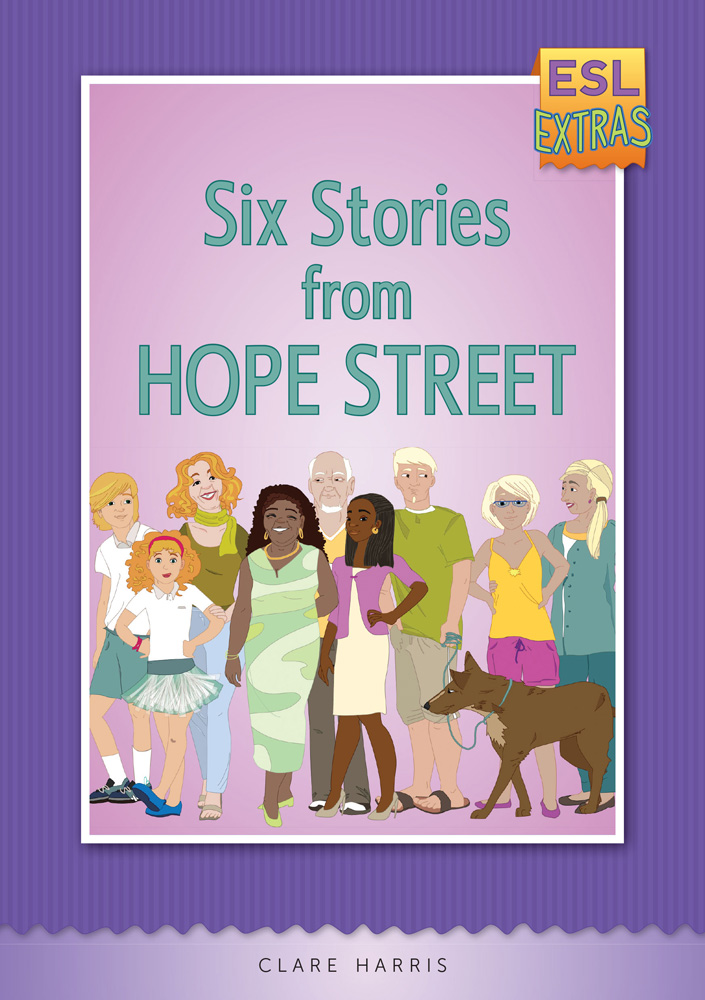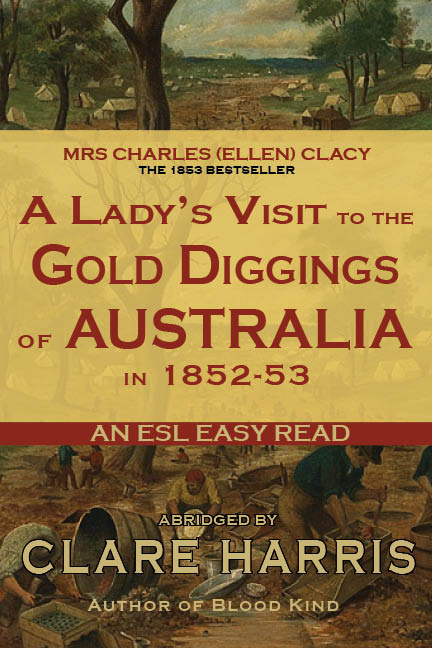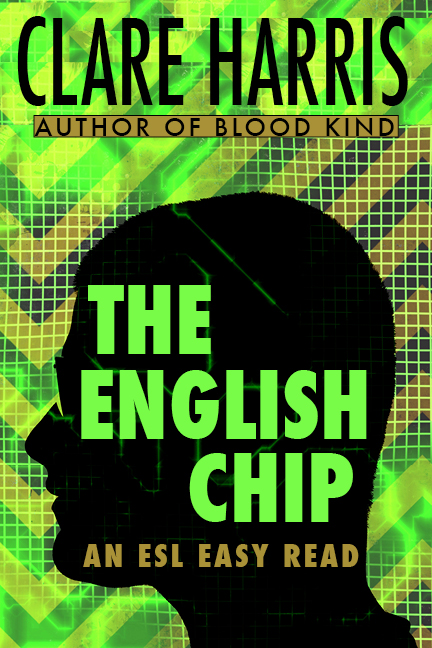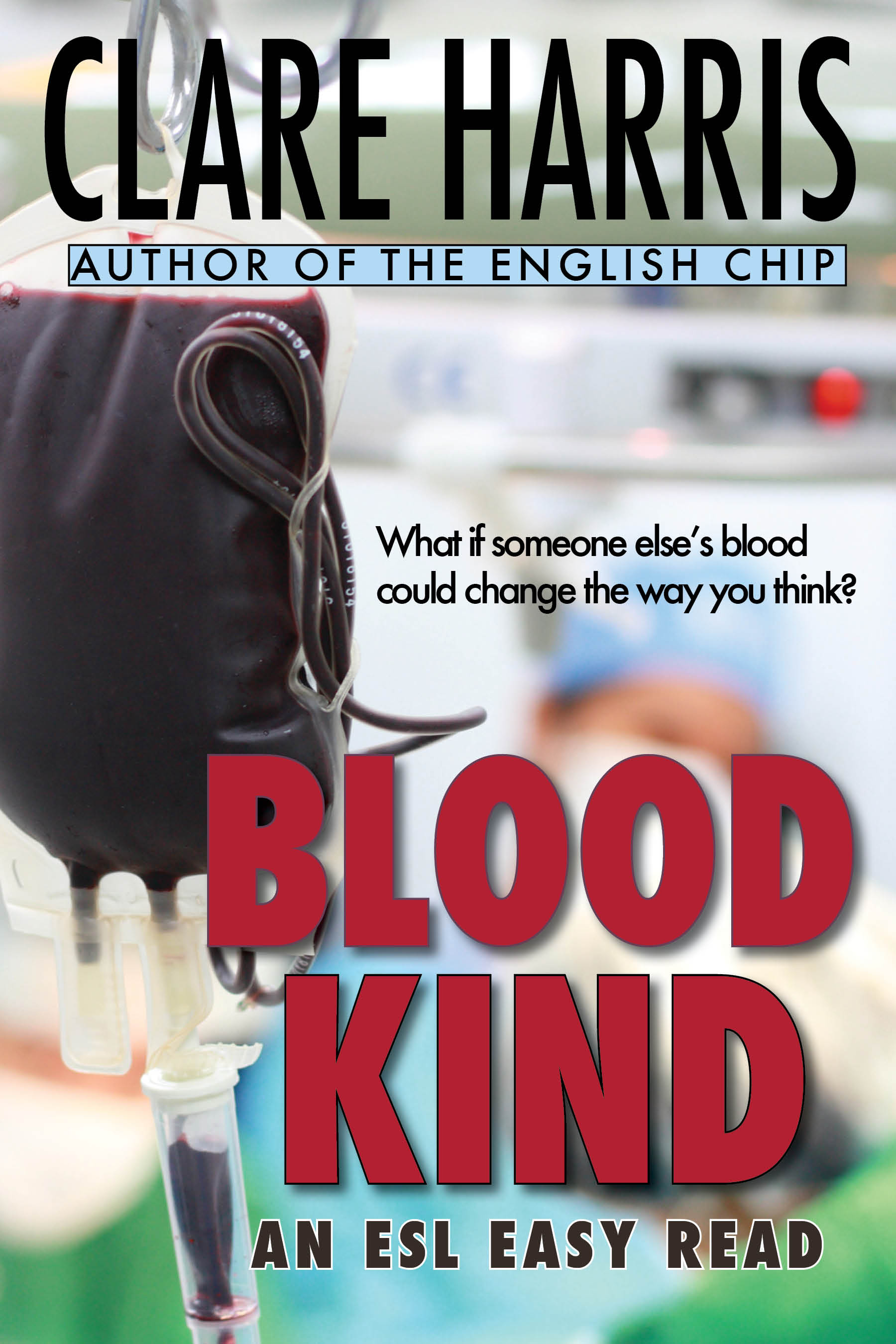Counting down to the release of the first four books in the new Read about Australia series, including one on Beach Icons… and it made me realise that it’s been a while since I looked at resources that focus on beach fun and beach safety. In fact, last time was in February 2018, so here’s my update. I’d love to know if you have more resource links to add, so please, get in touch if there are any I’ve missed.
As always, a disclaimer: all resources are ‘of their time’ so there may be small updates in things like recommendations and First Aid since some of these were published. (I’m guessing you’ll be contacting your local Surf Lifesaving to get their input on local needs, and to see if they can offer a presentation or event for your class, or resources for a library display.) Also please note that I don’t own the copyright on any of these resources (except for Beach Icons) and am sharing the covers and sample pages for information only!
So what’s available – and what’s ‘new’ or at least ‘newish’?
EDIT: Discussion topics with a teen and young adult focus (Thanks, Anne Vize!)
A set of 25 discussion questions (at two levels) that extend the water safety theme to include some serious peer pressure dangers… find it at Anne Vize Writing.
Reading books: beach stories to get learners talking
NEW: Lauren Piovesan from ESLReads has a new reader out: Dinesh Goes to the Beach. As always, the reader is available at 5 levels … here are some sample reader and workbook pages:
NEW: Two of the Milpera Publishing readers by Claire Kamber have a beach or water safety focus, Shark Beach and Blue Water.
Prace Pageturners are short fun stories that offer a lighter perspective, and there are a couple of newish ones since 2018:
- The Beach (an accidental visit to a nude beach)
- I hate the beach (but I like the lifesavers!)
- I want a holiday (women never get a break)
- The Hero (he saves a little girl)
- Learning to Swim (as an adult)
- NEWISH: Whale watching (from a boat)
- NEWISH: The Weekend (outdoor activities)
Their site is currently not accessible, but the books should all be available in bookshops and libraries.
Reading Books: information
NEW: Beach Icons of Australia (The Book Next Door – that’s me!) This book is still being trialled: coming soon!
EXISTING RESOURCE: The Sea: In the sea, on the sea, at the seaside from Sugarbag on Damper – apologies for the messy visuals here, but just to give you an idea of the three levels…
The Sugarbag on Damper duo have now retired, and discontinued their website, but you should find the resource in your local language bookshop. I was interested to look back at my interview with Hazel, where she points out the need for teacher to provide context, for example in the balance between too much and too little sun. Such a good point.
EXISTING RESOURCE: TELLS Water Safety series:
These are beginner readers with student workbooks – again, not new, but great content (with more than just the beach!) and should be available from bookshops or from TAFE Queensland: here’s the TELLS catalogue:
-
- Safety at the Beach
- Safety at the Pool
- Safety when Fishing
- Safety around Waterways
Courses and workbooks
FREE: English for Swimming from Navitas Skilled Futures
English for Swimming Resource Pack and Guide from Navitas Skilled Futures is a FREE (and substantial) resource for anyone thinking of offering English with swimming lessons. I interviewed author Michelle Cowan here:
FREE: Beach Safety course and workbook
Beach Safety isn’t new, but is a complete (and FREE) resource developed as a partnership between the Federal Government Department of Immigration and Citizenship, NSW AMES and Surf Lifesaving Australia. It’s aligned to CSWE II (post-beginner). There is a note on the front page, recommending teachers use it in conjunction with visits from Surf Lifesaving Australia or an excursion to the beach to a local surf club.
Online videos or podcasts made with our learners in mind
Great videos on being caught in a rip or spotting a rip from Waverley Council.
A lovely positive interview with migrant learners at the beach from Daily Motion – it’s very short but enjoyable.
An SBS Podcast on the language of the beach and beach safety: also this page on Beach Safety.
Plain English or easy English sites
HealthDirect Beach Safety page, with read-along audio.
Apps for Beach Safety
The Beachsafe app
Sharksmart – look for your own location
Websites with multilingual support
I think everyone knows the Beachsafe website (plus app), a great reading resource for checking location, temperature, rips, parking, is the beach patrolled? The multilingual section has short videos in Arabic, Hindi, Korean, Japanese, Malay, Traditional and Simplified Chinese. You can also translate the site using Google Translate
Beach Safety Hub from SLS NSW has ‘hubs’ with information in a range of languages, including Nepali, Urdu, Swahili and Burmese. Great for learners who have good L1 reading skills.
Not just beach safety, but water safety information on things like pool safety and home safety (flyers, charts, audio, videos, etc) in 14 languages comes from Royal Lifesaving Australia -includes languages like Hazaragi, Pashto, Ukrainian.
Sunshine Coast Council has information sheets in language like Dinka, Korean and Samoan
The videos on How to Spot a Rip Current and How to survive a Rip Current are English only, but really visual and clear.
A long past event, but discusses how multilingual learners may misinterpret safety information:
Fishing rules and regulations
Fishing is another big issue, both with the danger of rock fishing but also the danger of getting a fine!
Rules, licences and size and bag limits are state/territory-specific, but the Marine Parks site has a list of state and territory websites and apps for fishing rules and regulations.
AMEP 2011 beach safety: https://immi.homeaffairs.gov.au/amep-subsite/Files/post-beginner-leisure-beach-safety-worksheet-1-beach-safety.pdf
Reflections from the 2018 listing:
This is a huge area of settlement awareness; as well as those new arrivals who’ve never seen the sea, I think of those who can swim perfectly well in a pool or tranquil bay, but have never swum in surf or encountered rips or ‘dumpers’ (my own experience when I arrived in Australia), or have fished from rocks, but never in an area with king waves…
Discussion topics
- Rules of the beach, what the signs mean, UV warnings etc,
- Cultural surprises around Aussie beaches: the camaraderie of dog beaches, the disconcerting moment on your walk when you reach a ‘clothing optional’ beach, the general lack of deckchairs for hire or of wandering icecream sellers (here in WA, at any rate).
- Australian expectations that ‘everyone can swim’: where to find adult swimming classes, men only and women only classes
- Fishing – rules, bag limits (and penalties – see your local Fisheries site) dangers when fishing from rocks (a big issue here in WA).
Text types
- Lots of reading for information, of course: as well as beach safety there’s plenty on weather, tides, winds, rips
- Reading news articles (though too many are quite distressing, with drowning stories)
- Giving instructions: your own water safety tips
- Numeracy: state-based fisheries sites are great for measurement and number (bag and size limits)
- Complex exchanges: how to say ‘I want to wear a life jacket’ when friends ask you out in their dinghy…
- Recounts of ‘I was lucky’
Beach safety and Pre-Employment English?
What about for teachers in a pre-employment focus class? Beach safety could be linked to the workplace:
- First aid and sun safety are key workplace issues
- Lifesavers are volunteers, linking to discussion on the role of volunteering in Australian culture and job-seeking
- There are many jobs by the water: working on a ferry, with the local council, at a hotel or beachside café, at the pool
- Staff room chat often turns to weekend activities: water sports, fishing, the beach…
- You might catch a ferry to work, have the workplace party on a boat, go out fishing on a workmate’s boat, or off the rocks – what if you can’t swim?
Other thoughts? Please send me links to any further ideas or resources!


